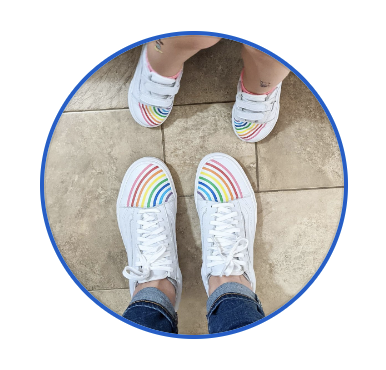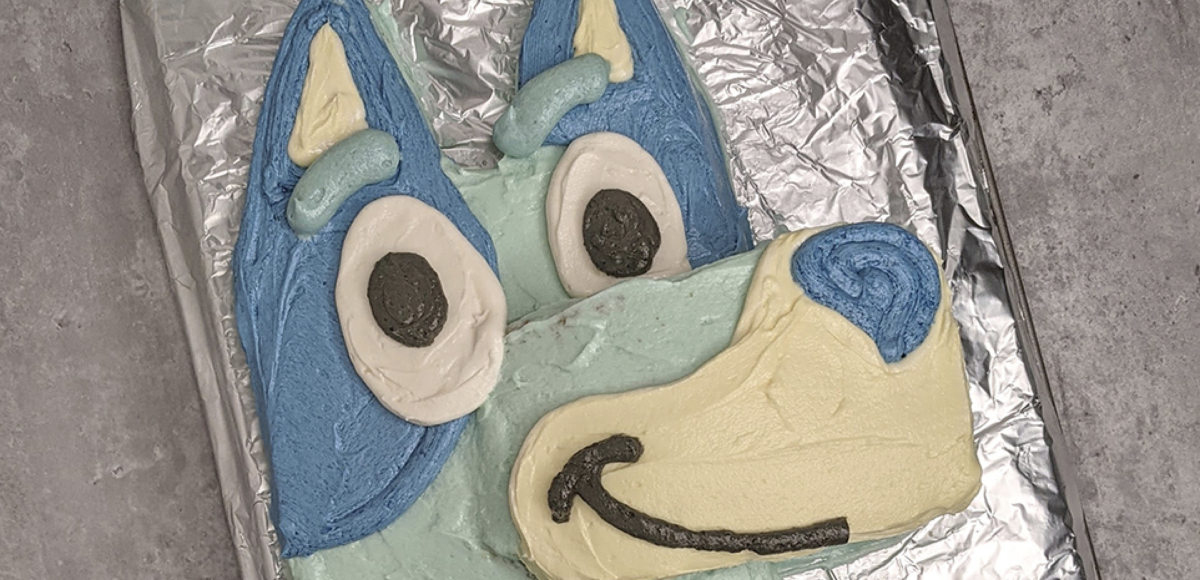This post may contain affiliate links. Every link is hand-selected by our team, and it isn’t dependent on receiving a commission. You can view our full policy here.
This advice is going to sound totally counterintuitive, though in today’s self-care age, any advice that hopes to crash through the noise of our day-to-day life (and the clickbait-y internet), generally is. For years, I’ve been chasing success. It’s been the gold star that validates me, the thing I push toward every day, because honestly, what’s wrong with taking pride in what you do, and wanting to get better?
But, this little semantics-based essay in Rob Bell’s How To Be Here recently changed my perspective. It’s been freeing, honestly, as simple as it is. He argues that success always demands more of you. Nothing you do is ever enough, because the moment you reach your goal, a new one appears. The thing you just achieved feels hollow, so you’re gunning for the next win. (To be clear, there’s nothing wrong with having goals; the problem is when you’re single-mindedly focused on them.)

The better way to frame things, Bell says, is to focus on your craft: The part of your work that gives it meaning, that makes what you do each day matter. Craft is imbued with a sense of wonder and gratitude; there’s an appreciation for what you do, and the fact that you get to do it each day.
“Success says, ‘what more can I get?’” he writes. “Craft says, ‘can you believe I get to do this?’”
I could immediately register the time when my attitude shifted toward success over craft. I used to pinch myself at my day job; then, I started focusing entirely on metrics, and the mornings became more burdensome. I approached each day inching closer to burnout, thinking only of how far I was from my goal and how far I’d have to go to get to it. While also knowing that, at the start of the next month, I’d be back to zero.
Each morning, I’ve made a commitment to reframe things. Instead of that internal dialogue thinking of how far of a chasm I have to cross to reach that goal, I’m telling myself what I’ve always believed: Can you believe I get to do this? It’s all a matter of perspective.
But What If You Hate Your Job?
Naturally, you might be thinking, that’s all well and good, if you love your job. I get it — I’ve had jobs I couldn’t stand, that drove me to search job postings every night and apply over and over again to anything that remotely fit my skill set (and often, ones that didn’t). That’s where another Bell story comes in.
There’s a bus driver in New York, and at the last stop of his shift each night, he asks everyone on the bus to tell him their problems. He asks people to give him their burdens — get everything off their chests — so they don’t take that burden home to their families. That’s craft, Bell argues. You may be quick to say, ‘he’s just a bus driver,’ but look at how he’s used that job to help other people; to bring a little peace into their lives.
What can you shift about your job to infuse the day with a little more meaning? What can give it that ‘I can’t believe I get to do this’ feeling?
You can find Rob Bell’s How To Be Here at most major bookstores and on Amazon.




